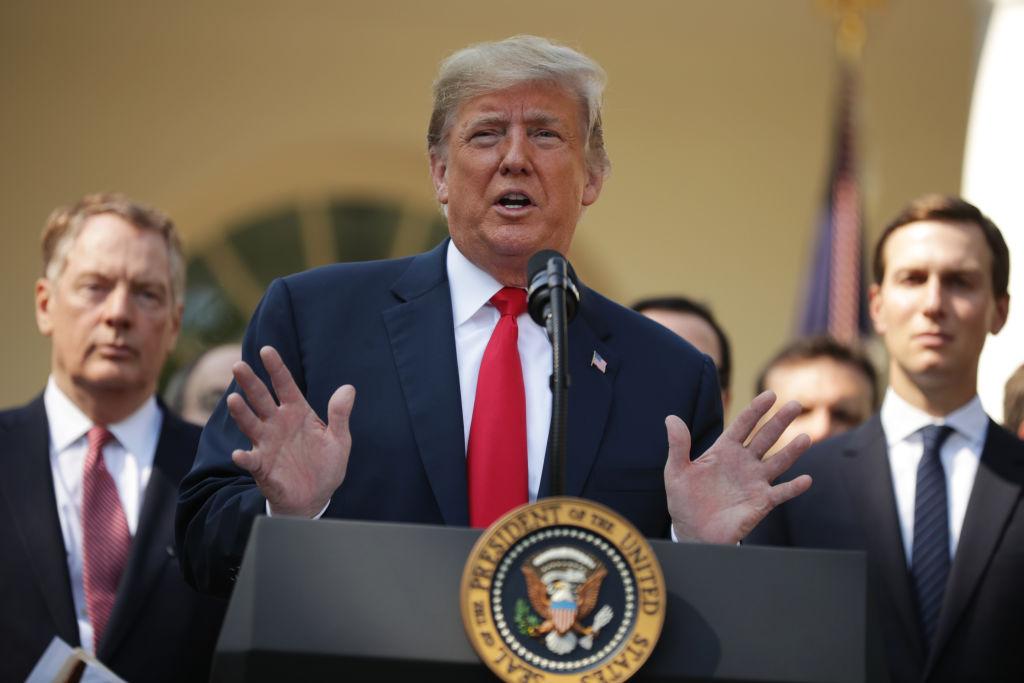WASHINGTON—The new United States-Mexico-Canada Agreement (USMCA) is the first trade agreement in history to directly address the issue of currency manipulation, which could now serve as a precedent for future U.S. free trade agreements.
Governments manipulate their own domestic currency in order to gain a trade advantage. The United States has long fought to deter this practice, claiming that it has led to the loss or displacement of millions of American jobs.





